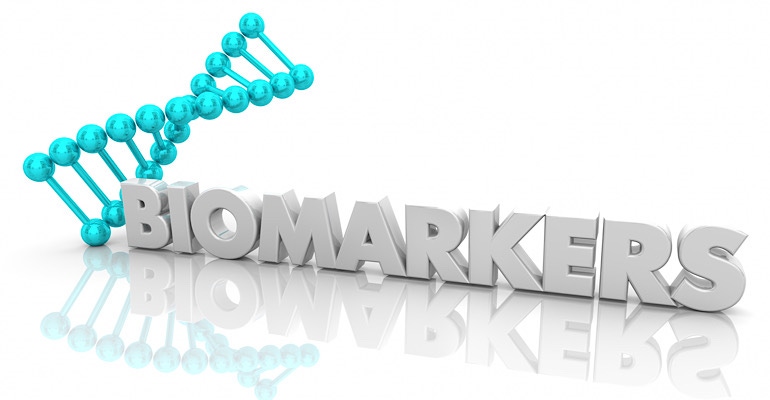Foundation’s Latest FDA Nod Advances Biomarker-Driven Cancer Treatments
The Cambridge, MA-based company has won approval from FDA for FoundationOne CDx to work as a companion diagnostic alongside Merck’s KEYTRUDA (pembrolizumab), an anti-PD-1 therapy.
June 19, 2020

Foundation Medicine struck a huge blow for the advancement of biomarker-driven cancer treatments last week.
The Cambridge, MA-based company won approval from FDA for FoundationOne CDx to work as a companion diagnostic that would work alongside Merck’s KEYTRUDA (pembrolizumab), an anti-PD-1 therapy.
KEYTRUDA is an anti-PD-1 therapy that works by increasing the ability of the body’s immune system to help detect and fight tumor cells.
Dave Fabrizio, Vice President of Translation Strategy for Foundation Medicine, said the partnership with Merck dates back several years ago when both companies began exploring the utility of tumor mutational burden (TMB).
TMB is a measure of the number of somatic mutations per coding region within a tumor’s genome. This genomic signature can help determine a patient’s likelihood to respond to immunotherapies
“This decision is the first time FDA has approved the biomarker TMB for the treatment of any immunotherapy – in this case, pembrolizumab,” Fabrizio told MD+DI.
FoundationOne CDx measures TMB and can help identify patients who might be appropriate for treatment with Kenilworth, NJ-based Merck’s KEYTRUDA, regardless of solid tumor type. KEYTRUDA is an anti-PD-1 therapy that works by increasing the ability of the body’s immune system to help detect and fight tumor cells.
“The [FoundationOne CDx] platform can sequence across 300 plus cancer-related genes,” Fabrizio said. “And companies like Merck who are interested in getting additional companion diagnostic claims for their drugs can utilize this platform to say hey, maybe there’s a biomarker built into your platform that I can use to help inform treatment for patients with my therapy.”
The companion diagnostics’ approval was based on results from KEYNOTE-158 an open-label trial, which used a clinical trial assay (CTA) based on FoundationOne CDx to determine TMB status in patients’ tumor tissue.
KEYNOTE-158 results showed that patients with TMB-H in solid tumors greater than 10 mutations/megabase who were treated with KEYTRUDA had a response rate of 29% compared to patients with TMB less than 10 mutation/Mb that had 6% response rate.
“This approval represents a paradigm shift toward biomarker-driven cancer treatment. It’s made possible in part by an unparalleled collaboration to better understand how TMB levels are measured and reported,” Jeff Allen, President and CEO of Friends of Cancer Research, said in a release. “TMB provides an additional tool to inform clinical care, especially for cancer patients previously ineligible for immunotherapy based on existing biomarkers.”
Having an Active FDA Submission During a Pandemic
Foundation Medicine faced review from FDA during the beginning of the COVID-19 pandemic. This presented some challenges, Fabrizio said.
“The submissions were under review by FDA by the time the pandemic was in full swing,” he said. “To say that the pandemic didn’t impact operations is simply not true and I commend teams on both sides – Foundation Medicine and Merck for really stepping up and figuring out how to work in this new normal to get a submission forward.
Fabrizio said, “it’s a dynamic situation when you have a submission under review by FDA. It’s not something that’s static – that you submit and forget about. If there were additional conversations or data to be explored – those are things that we had to figure out how to do while working from home or with limited groups on sites.”
About the Author(s)
You May Also Like




